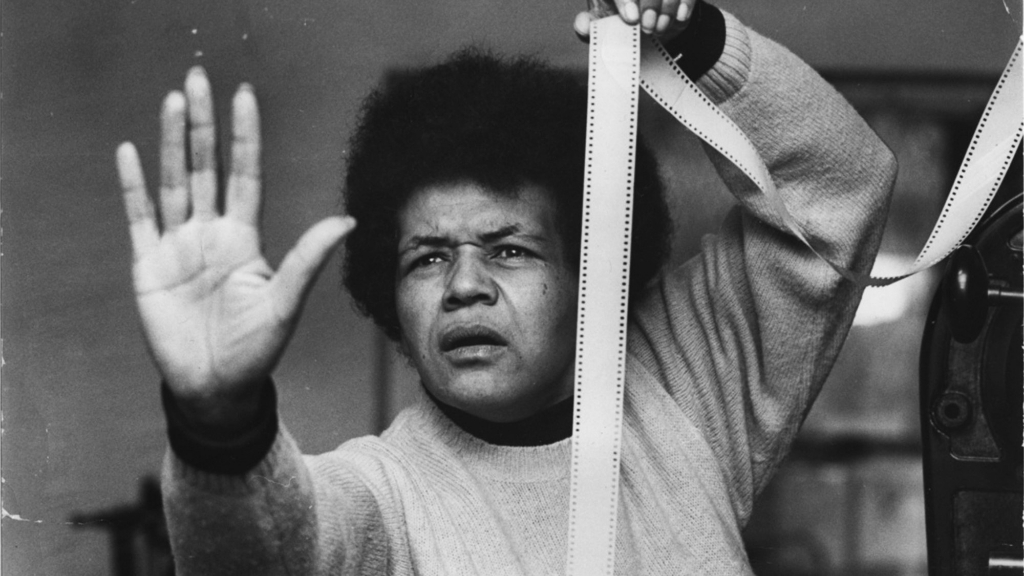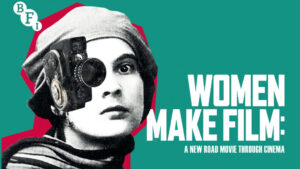Women Make Film

Mark Cousins’s documentary Women Make Film is a roving epic, neither pretentious nor dull despite its 14-hour running time. Subtitled A New Road Movie Through Cinema, it tours the audience through 13 decades of film history – during all of which women were a marginalised but insistent presence behind the camera.
What emerges is a picture of women’s filmmaking that is more than a negative of male efforts. The comparisons to men are sparing and purposeful; a stipulation early on is that the aim is not to delineate how female filmmakers are different from their counterparts. If the project’s very diversity appears to undermine its pitch – to group women on the basis of gender – it is more than made up for by the obscurity of so many of the masters on show. This is an act of reclamation, and Cousins more than makes his case.
The unhurried script is narrated by a roster of mellow-voiced stars, including Tilda Swinton, Jane Fonda, Thandie Newton and Debra Winger. Each of the 40 sections examines a different theme, genre or technique, from Close-up to Comedy. All are linked by Cousins’s coolly admiring tone; he is unafraid to term a film a masterpiece. His fascination with the works on display is evident but his homage is unobsequious.
Some of the clips are mini-masterpieces in themselves. It is a cliché to call women’s filmmaking humane or compassionate; instead the moments that stand out are the grand, the tiny, and the deeply bizarre. In Samira Makhmalbaf’s Blackboards (2000), a group of teachers walking through the desert (where are they going?) use the tools of their trade as a shield, crumpling into a heap like a tortoise’s shell to protect against a chemical attack while a flock of birds swoops across a turquoise Kurdish sky. In the section entitled Sex, two teenage sisters have a frank discussion about virginity; Catherine Breillat’s Fat Girl (2001) could not be more different from Blackboards. Here all is conversation, faces, rooms. Different again is Mary Harron’s American Psycho (2000). Cousins is unafraid to make a statement: Holocaust survivor Wanda Jakubowska’s The Last Stage (1946) is set next to Nazi Leni Riefenstahl’s propaganda flick Olympia Part Two: Festival of Beauty (1938). Two paradigms of bodies forced into conformity – but to what different effect.
Cousins knows that the real joy of Women Make Film is in the films that women make, and he dedicates most of his attention to them. In between excerpts we see occasional car’s-eye view shots of roads in the UK and the US. What the road movie motif has to do with the rest of it is slightly unclear, although it does create a pleasing momentum. But as soon as we get back to the collection of films, and their visionary directors – some well-known, others obscured by time, place and prejudice – we’re hooked. Comprehensive without being reductive, vivid without being overwhelming, Women Make Film is a must for any would-be film buff. It will be released in five parts, but it wouldn’t be a stretch to sit through 14 hours at once.
Malin Hay
Image: Sarah Maldoror
Women Make Film is released digitally in five parts on BFI Player from 18th May until 15th June, and on Blu-ray on 18th May 2020.
Watch the trailer for Women Make Film here:


























Facebook
Twitter
Instagram
YouTube
RSS